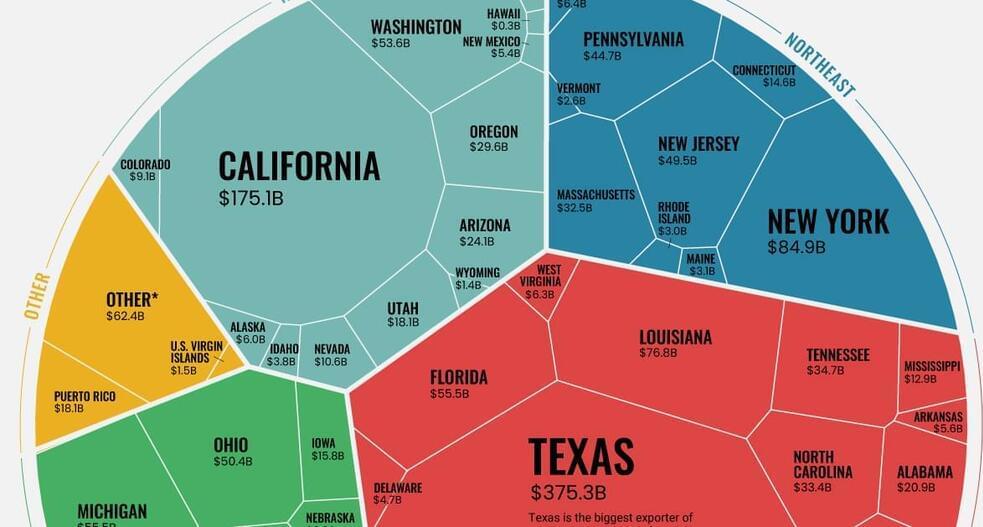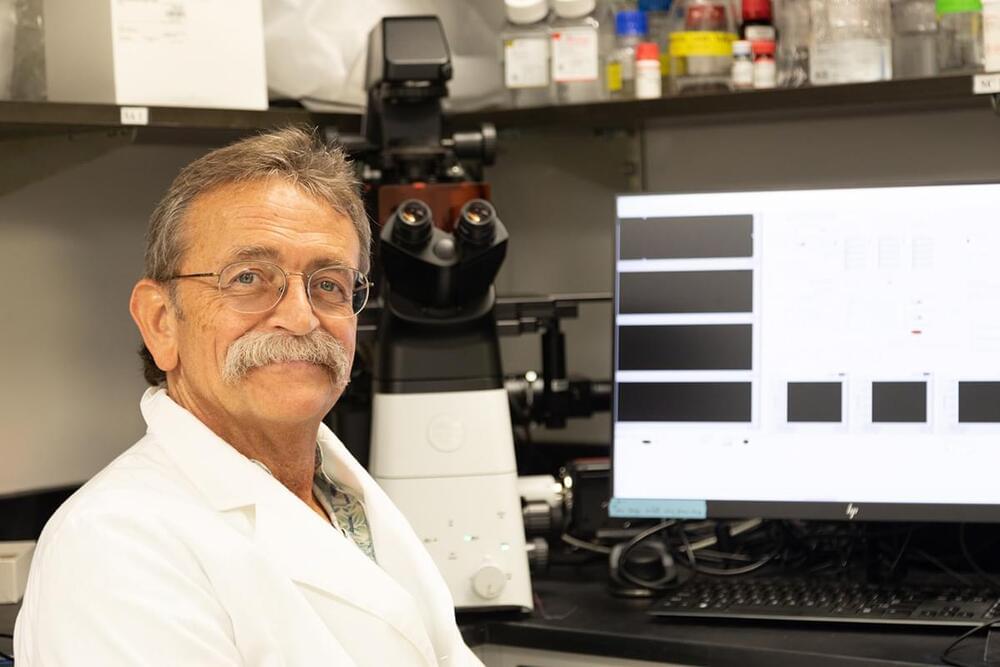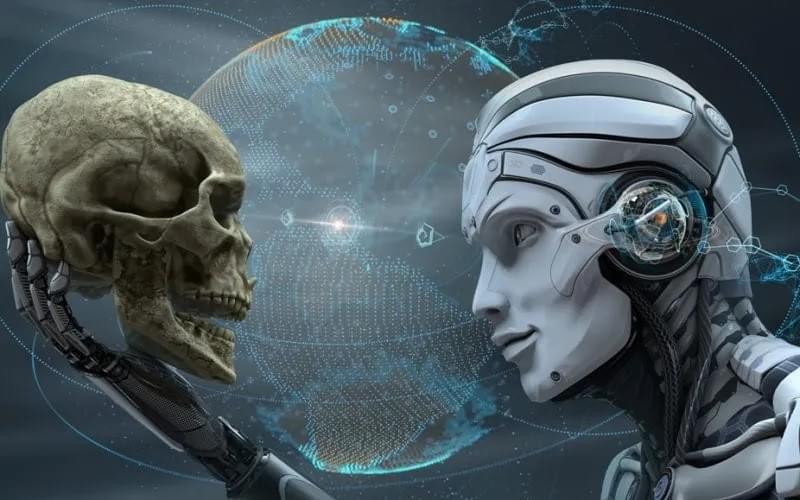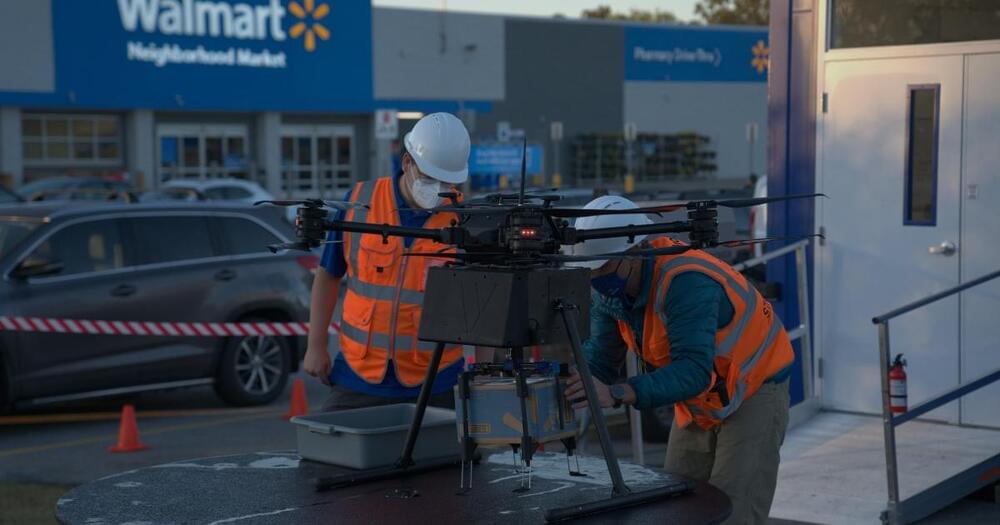All I can say is that I hope his self indulgence for his favorite ☆HOBBY☆ — Twitter itself — doesn’t sabotage the interplanetary future he’s defined and actually begun to to successfully realize, doing so against all odds in so many fields, cas diverse as science, engineering, economics, politics, and the recent history and the seeming decline in public enthusiasm, funding, and any sort of clear direction. He didn’t just subvert those roadblocks, he OBLITERATED them. SPECTACULARLY.
All that progress and innovation can and WILL be undone in seconds if he makes himself into an allie of a republican party that has abandoned truth, abandoned science, and abandoned every semblance of honor, loyalty, and reason.
A republican party that has abandoned Democracy ITSELF.
Twitter shareholders have filed a lawsuit accusing Elon Musk of engaging in “unlawful conduct” aimed at sowing doubt about his bid to buy the social media company.
The lawsuit filed late Wednesday in the U.S. District Court for the Northern District of California claims the billionaire Tesla chief executive has sought to drive down Twitter’s stock price because he wants to walk away from the deal or negotiate a substantially lower purchase price.
San Francisco-based Twitter is also named as a defendant in the lawsuit, which seeks class-action status as well as compensation for damages.








